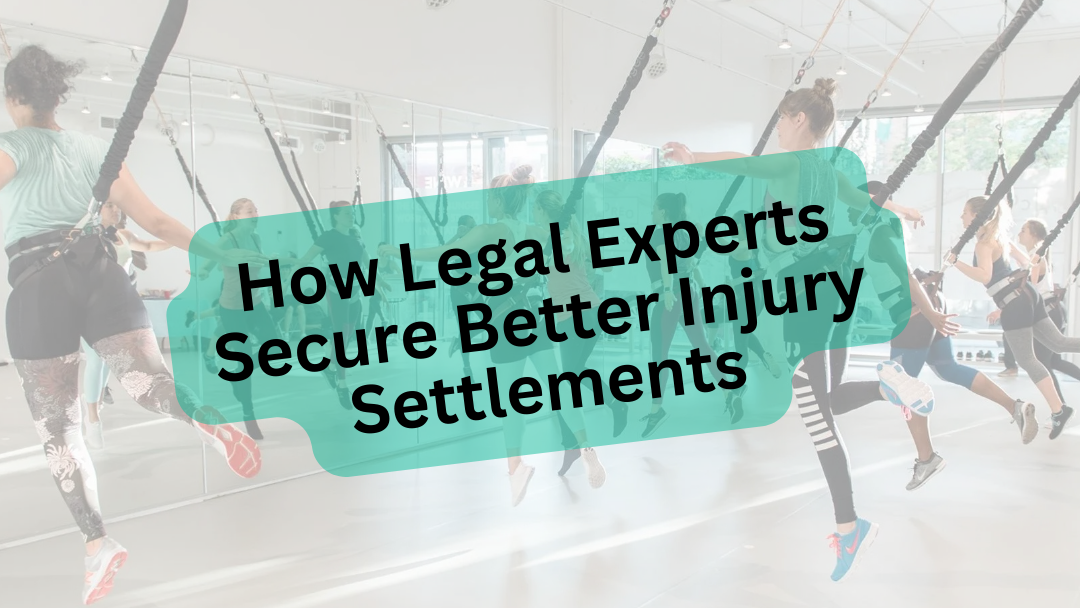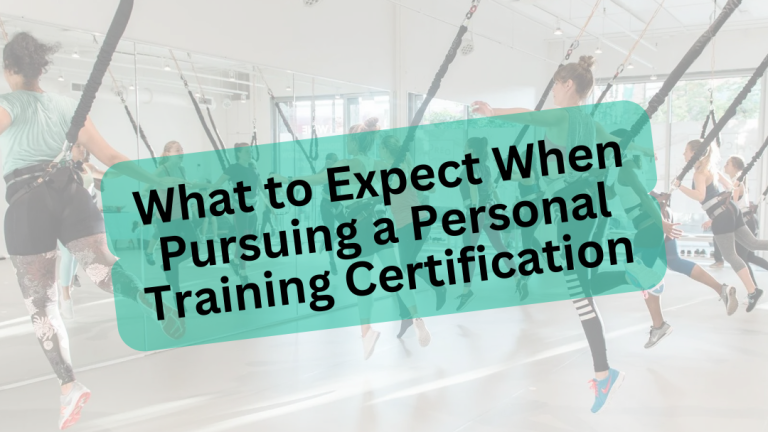How Legal Experts Secure Better Injury Settlements
When someone is injured because of negligence or an accident, financial recovery often comes through injury settlements. These agreements are designed to help cover medical bills, lost wages, rehabilitation, and other expenses without the stress of a long trial.

However, reaching a fair settlement is not always simple. Insurance companies and defense lawyers frequently work to reduce payouts, which can leave injured individuals at a disadvantage—especially if they don’t have the right guidance.
This guide explains how injury settlements can be strengthened with proven strategies, from seeking legal expertise to understanding the importance of timing in negotiations. With the right approach, victims can improve their chances of securing compensation that truly reflects their losses.
The Importance of Legal Expertise
One of the most significant factors in achieving a fair settlement is having skilled legal representation. Personal injury law involves strict deadlines, liability rules, and state-specific regulations that can quickly overwhelm someone unfamiliar with the system.
A personal injury attorney provides vital support by:
- Evaluating the case: Reviewing the facts to determine who is responsible and what damages may be claimed.
- Ensuring compliance: Filing documents on time and following all required procedures.
- Protecting the client’s interests: Preventing insurance companies from pushing unfair agreements.
Without legal expertise, victims may underestimate the value of their claim or miss important details. An attorney also helps calculate both economic damages, such as medical costs and lost wages, and non-economic damages, like pain and suffering, ensuring that settlement offers reflect the true impact of the injury.
Strategic Case Evaluation
No two injury cases are the same. Some may involve a simple car accident, while others stem from complex medical malpractice or workplace injuries. A careful evaluation of the case is the foundation for strong injury settlements.
A thorough review typically includes:
- Gathering evidence: Collecting medical records, police reports, photos, and witness statements.
- Assessing damages: Calculating immediate and long-term medical costs, lost income, and other expenses.
- Analyzing liability: Determining fault and whether multiple parties share responsibility.
- Planning for the future: Considering ongoing treatment, rehabilitation, or permanent disability.
This process allows attorneys to set a reasonable settlement range before negotiations begin. With clear expectations, victims are better positioned to reject low offers and pursue compensation that fully covers their needs.
Effective Negotiation Tactics
Most personal injury cases are resolved through negotiation rather than trial, making this stage crucial to the outcome. Effective negotiation can mean the difference between an inadequate settlement and fair compensation.
Successful tactics include:
- Starting strong: Presenting a higher initial demand to allow room for compromise.
- Backing claims with evidence: Using medical records and expert opinions to demonstrate the extent of injuries.
- Highlighting trial risks: Making it clear that the case could succeed in court if a fair offer isn’t made.
- Keeping discussions professional: Maintaining a respectful tone to keep negotiations moving forward.
Insurance adjusters are trained to minimize payouts, but experienced attorneys know how to counter these strategies and advocate for their clients effectively.
Building a Compelling Narrative
Numbers and documents are important, but they only tell part of the story. In many injury settlements, a compelling narrative can have just as much influence as the facts.
A strong case narrative may include:
- Personal accounts: Explaining how the injury has affected day-to-day life.
- Visual evidence: Photographs or videos that help illustrate the extent of the harm.
- Future outlook: Showing how the injury may impact long-term health, career, and family responsibilities.
This human element helps insurers and opposing counsel see the real consequences of an accident, making them more likely to agree to fair compensation.
Utilizing Expert Testimony
Expert testimony can provide clarity and credibility in settlement negotiations. Specialists such as doctors, accident reconstruction experts, and vocational professionals can strengthen a claim by offering independent, authoritative opinions.
- Medical experts explain the severity of injuries and future treatment needs.
- Reconstruction specialists demonstrate how the accident occurred and who was at fault.
- Vocational experts assess how the injury will affect a person’s ability to work in the future.
By adding this layer of evidence, attorneys make it harder for insurers to dispute damages and create a stronger foundation for a fair settlement.
Timing and Patience in Negotiations
Another key factor in injury settlements is timing. Accepting an early offer may seem appealing, but it often leads to undervalued compensation—especially if the full extent of injuries isn’t yet known.
Taking time to build the case allows:
- Accurate medical documentation: Ensuring all injuries and complications are recorded.
- Comprehensive damage assessment: Including future medical expenses and long-term effects.
- Greater leverage: Demonstrating readiness to go to trial if necessary.
Patience often pays off. By waiting until the right moment, victims and their attorneys can secure settlements that more accurately reflect the true cost of the injury.
Why Injury Settlements Matter
Settlements are about more than financial recovery—they also provide stability and peace of mind. By avoiding drawn-out trials, victims can focus on healing while still receiving fair compensation.
Some key benefits include:
- Certainty: Settlements guarantee compensation without the risks of trial.
- Privacy: Many settlements remain confidential, avoiding unnecessary public attention.
- Efficiency: Cases resolve more quickly, allowing victims to move forward sooner.
For most people, these advantages make settlements a practical and less stressful resolution.
Common Mistakes Victims Should Avoid
Even with a strong case, certain mistakes can harm settlement outcomes. Some of the most common include:
- Accepting the first offer: Early offers are typically far below fair value.
- Skipping medical follow-ups: Gaps in treatment can suggest injuries are less serious.
- Posting on social media: Photos or comments may be used to challenge the claim.
- Handling negotiations alone: Without legal representation, victims usually recover far less.
Avoiding these pitfalls helps protect the integrity of the case and ensures a stronger position in negotiations.
Final Thoughts
Fair injury settlements are about more than covering expenses—they’re about justice, dignity, and helping victims rebuild their lives. Achieving this requires more than simply filing a claim. It takes legal expertise, careful case evaluation, effective negotiation, compelling storytelling, expert testimony, and patience.
With the right legal support and a clear strategy, victims greatly improve their chances of reaching a settlement that reflects the true impact of their injuries. Armed with knowledge and proper representation, they can move forward with greater financial and emotional stability.






